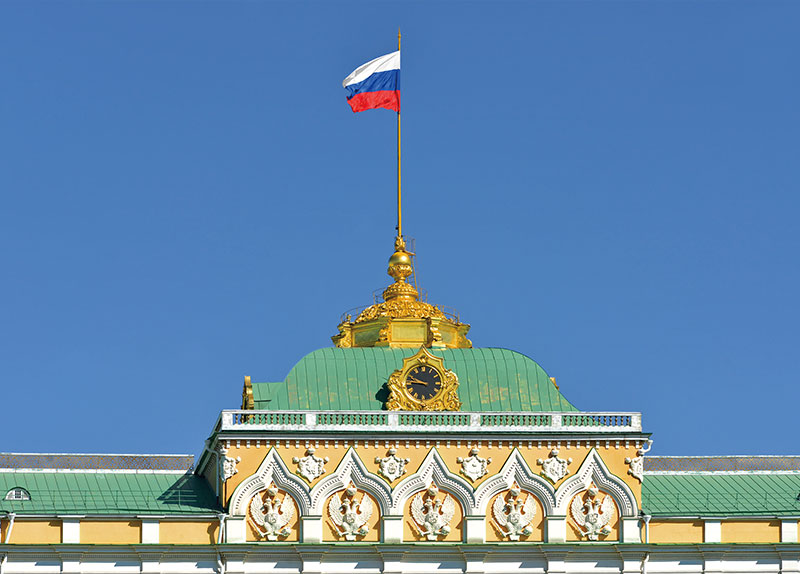 On Nov. 7, Russia formally withdrew from the Treaty on Conventional Armed Forces in Europe (CFE), a pivotal security pact limiting the deployment of conventional military equipment by NATO and former Warsaw Pact countries. Moscow cited the enlargement of the NATO military alliance and the admission of Finland and Sweden¡¯s application to NATO for its withdrawal from the treaty. On Nov. 7, Russia formally withdrew from the Treaty on Conventional Armed Forces in Europe (CFE), a pivotal security pact limiting the deployment of conventional military equipment by NATO and former Warsaw Pact countries. Moscow cited the enlargement of the NATO military alliance and the admission of Finland and Sweden¡¯s application to NATO for its withdrawal from the treaty.
The CFE treaty, signed in 1990, was a significant post-Cold War agreement created to prevent both sides from building overwhelming conventional forces for a swift offensive in Europe. However, it faced criticism and unpopularity in Moscow, as it restrained the Soviet Union¡¯s military advantage.
In May of this year, more than a year after Russia¡¯s full-scale invasion of Ukraine, President Vladimir Putin signed a decree denouncing the pact. And now, the Russian foreign ministry released a statement announcing the country¡¯s formal withdrawal, declaring that the CFE treaty is now ¡°history.¡±
The ministry asserted that the U.S.-led expansion of NATO had led to the alliance countries openly bypassing the group restrictions. Russia further stated that even the formal preservation of the CFE Treaty had become unacceptable from the perspective of its fundamental security interests. It noted that the United States and its allies had failed to ratify the updated 1999 CFE.

Tensions between Russia and the West have escalated significantly in the aftermath of the Ukraine conflict. Dmitry Peskov, a Kremlin spokesman, recently described the state of relations between Russia and the United States as ¡°below zero.¡±
NATO condemned Russia¡¯s decision to exit the treaty earlier this year with the assertion that it undermined Euro-Atlantic security. The alliance accused Russia of not complying with its CFE obligations for many years and pointed to Russia¡¯s aggression against Ukraine and Belarus as contrary to the treaty¡¯s objectives. In addition, the United States and its NATO allies had linked the ratification of the adapted 1999 CFE to Russia fulfilling commitments related to Georgia and Moldova, a stance Russia vigorously disagreed with.
Russia had suspended its participation in the treaty as early as 2007 and halted active involvement in 2015. In response, in 2011, the United States and NATO ceased implementing it concerning Russia, stating that the country¡¯s action was not legal under the treaty. ¡°Russia¡¯s ¡®suspension¡¯ of treaty implementation since 2007 has seriously eroded the treaty¡¯s verifiability, decreased transparency, and undermined the cooperative approach to security that have been core elements of the NATO-Russia relationship and European security for more than two decades,¡± the U.S. State Department declared in 2020.
|
Luis Apolo
Staff Reporter
|
|
|
|